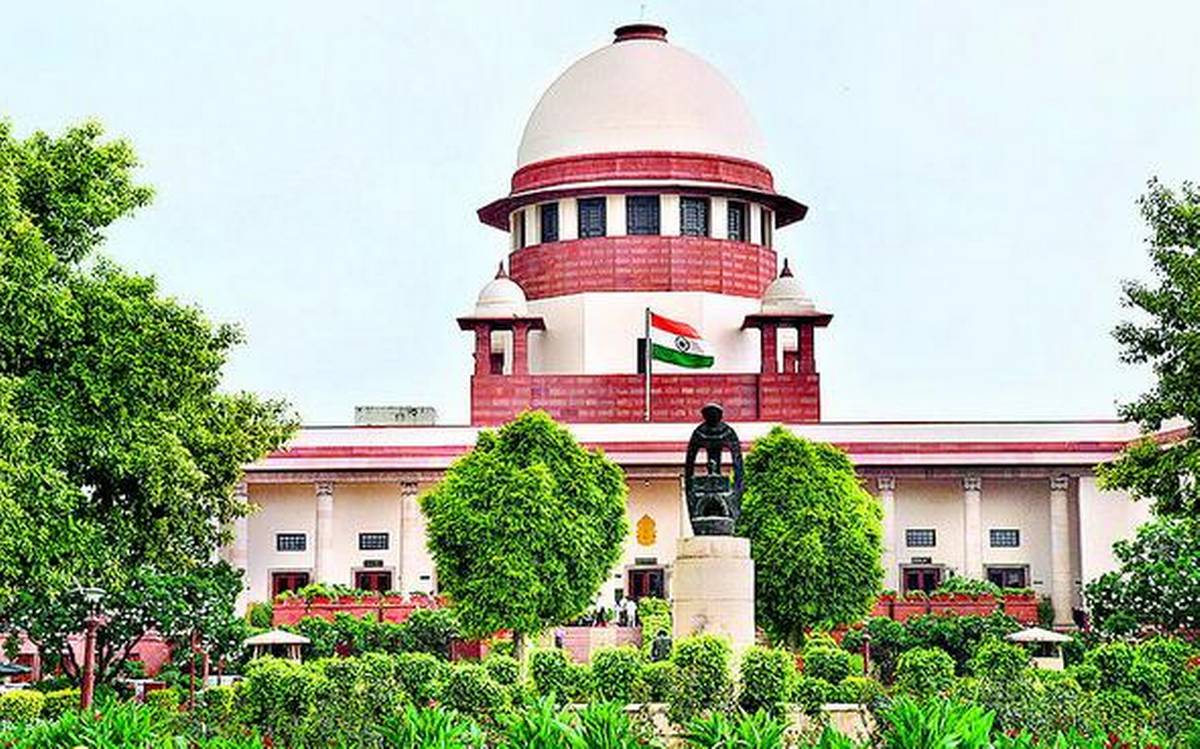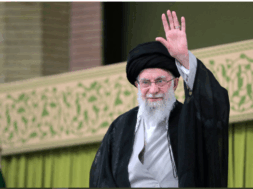
NEW DELHI, Sept 6: A Special Bench of the Supreme Court led by Chief Justice of India N.V. Ramana said on Monday that it was “not interested in a confrontation” with the government but the court was running out of patience and the Centre should conform and fill long-pending vacancies to key tribunals by the next hearing on September 13.
The Bench, also comprising Justices D.Y. Chandrachud and L. Nageswara Rao, said tribunals across the country were on the verge of collapse. Cases were being adjourned by a year. Many tribunals operated with just one member as no appointments had been made for months, if not years.
“You have no respect for the judgments of this court… You are testing our patience,” Chief Justice Ramana addressed Solicitor General Tushar Mehta, appearing for the government.
The court said it had three options. One, close the tribunals, two itself make the appointments and three to initiate contempt of court against the government.
“Everybody is happy with the quick way in which the government cleared the Supreme Court appointments… We do not want any confrontation with the government. But if you can so quickly make appointments to the Supreme Court, you can very well do so with these small tribunals. The tribunals have virtually collapsed… Why are you being so particular about the tribunals?” Chief Justice Ramana asked Mehta.
Mehta, who asked and was refused an adjournment by the Bench as soon as the hearing began, showed a screenshot of a letter addressed to him by the Finance Ministry on September 6. In this letter, the Ministry said a new law — Tribunal Reforms Act of 2021 — has come into effect and would “pave the way for filling of vacancies in the tribunals.” The letter promised that “the government will ensure that within next two weeks, a decision on appointments to all the tribunals is taken where the Search-cum-Selection Committees have already given their recommendations to the government.”
But Justice Chandrachud said the new Act hosted an “astonishing replica” of provisions expressly struck down by the Supreme Court in multiple judgments recently. “This seems to continue… that when we strike down a law, they bring a replica,” Justice Chandrachud expressed his annoyance. The judge said the legislature could bring a law which took away the basis of a judgment but could not bring a law simply to contradict a judgment.
The court issued notice and asked the government to reply to a series of petitions, including one by Rajya Sabha MP Jairam Ramesh, challenging the legality of the Tribunal Reforms Act, 2021. Ramesh, represented by senior advocate A.M. Singhvi, said the 2021 Act “abolished nine key tribunals, raised a serious threat to judicial independence by giving the government wide powers regarding appointments, service conditions, salaries, etc., of members of key tribunals.” He said the Bill was passed without parliamentary debate amidst ruckus in the House.
But Justice Rao questioned even the very basis of the assurances given in the Finance Ministry letter, especially the one regarding the 2021 Act being a harbinger to a flurry of tribunal appointments. “The appointments we are talking about here have been pending for over a year-and-a-half. Why were these appointments not made,” Justice Rao asked.
Justice Chandrachud said the names for appointments had been cleared by the Intelligence Bureau and then by a committee which also included Supreme Court judges and senior-level bureaucrats. “Yet, they have not been cleared,” the judge said.
Justice Chandrachud noted that companies’ tribunals, riddled with vacancies, were critical to the reconstruction and rehabilitation of the economy of the country.
The Bench refrained from recording its oral observations in a judicial order. Instead, it gave time for Mehta to convince the government to make appointments. “I will convey [to the government]…” Mehta offered.
“No, no, Mr. Mehta… ‘conveying’ is something else… If you don’t want an order from us, you pass the order of appointments… We expect some appointments to be made by Monday,” Ramana addressed the Solicitor General.
(Manas Dasgupta)












